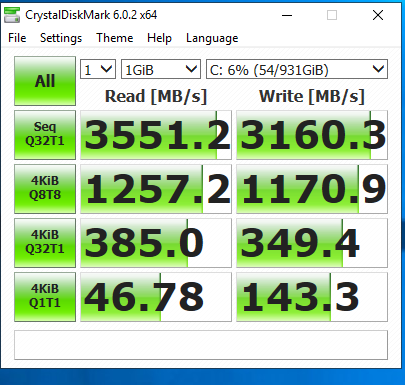Bense
Limp Gawd
- Joined
- Aug 7, 2013
- Messages
- 130
Does anyone know anything about either of these two Dell M.2 PCIe adapters? I am considering picking one of these up if I can confirm that I can stripe the m.2 nvme drives that i install in there in RAID0.
The dual m.2 PCIe 3.0 x8 adapter appears to be part number(s):
NTRCY
23PX6
JV70F
The quad m.2 PCIe 3.0 x16 adapter appears to be part number(s):
80G5N
JV6C8
PHR9G
06N9RH
The dual m.2 PCIe 3.0 x8 adapter appears to be part number(s):
NTRCY
23PX6
JV70F
The quad m.2 PCIe 3.0 x16 adapter appears to be part number(s):
80G5N
JV6C8
PHR9G
06N9RH
![[H]ard|Forum](/styles/hardforum/xenforo/logo_dark.png)
